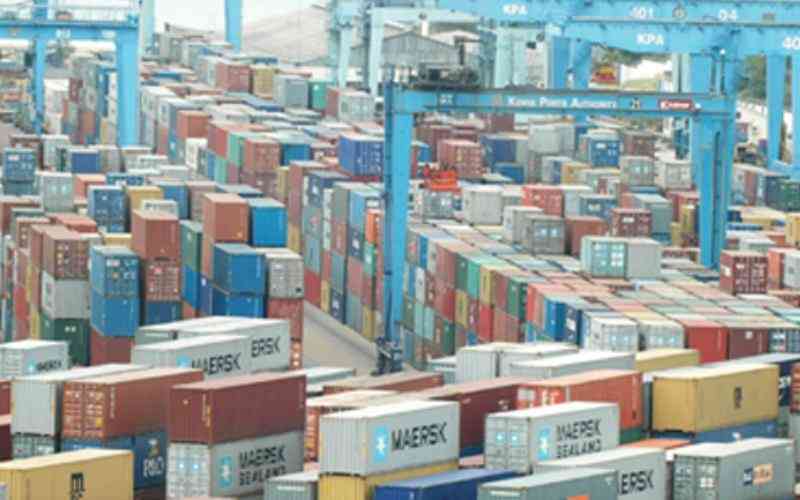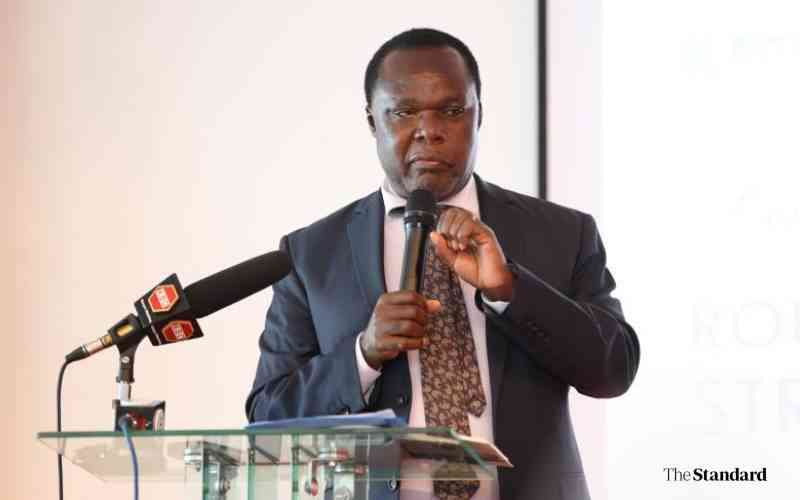×
The Standard e-Paper
Fearless, Trusted News

The government has launched a bioenergy strategy (2020-2027) placing the country on track in meeting clean cooking targets by 2028.
The plan aims at providing investors with information on viable opportunities for bioenergy development and promotes sustainable production and consumption of bioenergy with attendant human health, economic, and environmental benefits.







